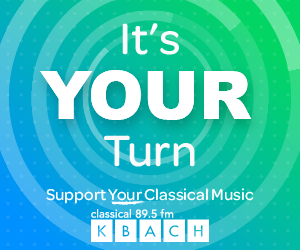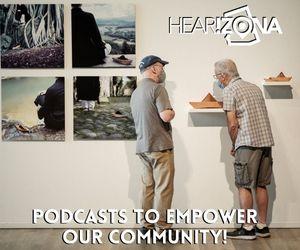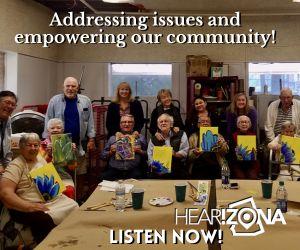Click to Listen:
Most important year in Classical Music;
Why Concerts became Quiet
TWICM 9/8/17
It’s “This Week in Classical Music”, an Update on what’s happening in the classical Music world; I’m Randy Kinkel.
What was the most important year in classical music? Mike Ashman, writing in Grammophone magazine says “1876”.
It was the year that witnessed new ways of promoting and supporting music in performance.
And a lot of it was due to Richard Wagner.
His Bayreuth Festival opened with Wagner’s Ring cycle-- it was the first artist-led and artist-promoted festival.
Commentators and journalists, including composers Tchaikovsky, Grieg and Saint-Saëns, who covered the event as newspaper reporters, became the first widely circulated music critics and helped make Wagner into the first media music star.
Another innovation at Wagner’s festival: it was the first time the audience sat in darkness-- to better appreciate the carefully lit stage and special effects, which became almost as important as the music…sowing the seeds for today’s Pop Concerts.
The opening of George Bizet’s ultra-realistic opera Carmen the previous year with it’s realistic portrayals of sex, violence and street life, had made traditional Grand Opera Seem old-fashioned. After more than a dozen years in the writing, Brahms’s First Symphony was unveiled in Germany; Amilcare Ponchielli’s opera La Gioconda became a hit after the first performance—music that made a re-appearance in the 20th century in Disney’s “Fantasia”.
Going to a classical concert used to be a much noisier, rowdier experience than it is today—so what happened, and why?
Alexander Lee, writing in the Magazine History Today, explains it for us;
In concert halls of the past, the main floor was generally without seating, and was for lower-income folks like soldiers, students and servants, who used the space to meet friends, drink and gamble. They tended to treat the actual music with noisy indifference, at best, or vocal contempt, at worst.
Not until the late 19th century did silence come to be expected of audiences.
Why did audiences change? social factors, mostly.
Though public opera houses tended to be financed by the rich, performances could be attended by everyone.
But In the later 19th century,less formal music halls started popping up, offering every kind of entertainment – from music to magic – WITH a deliberately relaxed vibe, and THEY soon became the favorite hangouts of the lower classes.
Opera houses became the territory of the upper and middle classes, and they wanted to distance themselves from the noisy and crude behaviour of the music halls.
Silence, in other words, became a mark of social distinction, taste and refinement.
Lee says that when we listen to an opera in silence, we are really just perpetuating a form of Victorian snobbery!
_________________________________________________










